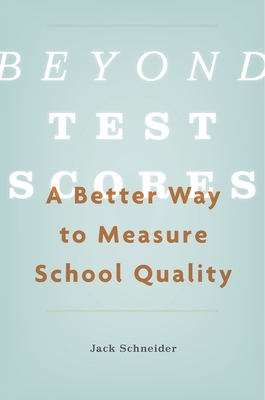Expedite your nonfiction book discovery process with Readara interviews, summaries and recommendations, Broaden your knowledge and gain insights from leading experts and scholars
In-depth, hour-long interviews with notable nonfiction authors, Gain new perspectives and ideas from the writer’s expertise and research, Valuable resource for readers and researchers
Optimize your book discovery process, Four-to eight-page summaries prepared by subject matter experts, Quickly review the book’s central messages and range of content
Books are handpicked covering a wide range of important categories and topics, Selected authors are subject experts, field professionals, or distinguished academics
Our editorial team includes books offering insights, unique views and researched-narratives in categories, Trade shows and book fairs, Book signings and in person author talks,Webinars and online events
Connect with editors and designers,Discover PR & marketing services providers, Source printers and related service providers

Beyond Test Scores: A Better Way to Measure School Quality
Education > Evaluation & Assessment
- Harvard University Press
- Hardcover
- 9780674976399
- 8.4 X 5.8 X 1 inches
- 1.2 pounds
- Education > Evaluation & Assessment
- (Single Author) Asian American
- English
Readara.com
Book Description
When it comes to sizing up America's public schools, test scores are the go-to metric of state policy makers and anxious parents looking to place their children in the best schools. Yet ample research indicates that standardized tests are a poor way to measure a school's performance. It is time--indeed past time--to rethink this system, Jack Schneider says.
Beyond Test Scores reframes current debates over school quality by offering new approaches to educational data that can push us past our unproductive fixation on test scores. Using the highly diverse urban school district of Somerville, Massachusetts, as a case study, Schneider and his research team developed a new framework to more fairly and comprehensively assess educational effectiveness. And by adopting a wide range of measures aligned with that framework, they were able to more accurately capture a broader array of school strengths and weaknesses. Their new data not only provided parents, educators, and administrators with a clearer picture of school performance, but also challenged misconceptions about what makes a good school.
With better data, Schneider shows, stakeholders at the federal, state, and local levels can undo the damage of present accountability systems and build greater capacity in our schools. Policy makers, administrators, and school leaders can better identify where assistance is needed. Educators can engage in more evidence-based decision making. And parents can make better-informed choices for their children. Perhaps most importantly, better data can facilitate communication among all these groups, allowing them to take collective action toward shared, concrete goals.
Author Bio
Jack Schneider, Ph.D., is a historian and policy analyst who studies the influence of politics, rhetoric, culture, and information in shaping attitudes and behaviors. His research examines how educators, policymakers, and the public develop particular views about what is true, what is effective, and what is important. Drawing on a diverse mix of methodological approaches, he has written about measurement and accountability, segregation and school choice, teacher preparation and pedagogy, and the relationship between research and practice.
His current work, on how school quality is conceptualized and quantified, has been supported by the Spencer Foundation and the Massachusetts State Legislature. The author of four books, Schneider is a regular contributor to outlets like the Washington Post and the Atlantic, and co-hosts the education policy podcast Have You Heard. He is also the co-founder and Director of Research for the Massachusetts Consortium for Innovative Education Assessment.
Education
- Ph.D.: History of Education, (2010), Stanford University - Stanford CA
MA: American History, (2007), Stanford University - Stanford CA
BA: Political Science, (2002), Haverford College - Haverford, PA
Source: University of Massachusetts Lowell
Community reviews
No Community reviews





